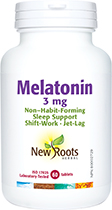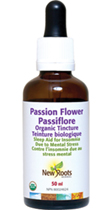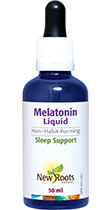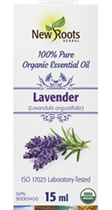Pillow Talk—Nutrients for Sleep Hygiene
It’s a term with many interpretations, the main one being a little light conversation to clear your head prior to becoming the sandman’s captive. Today, pillow talk is often interrupted by the sound of a bottle cap popping or whatever alert or vibration your wireless device employs to notify you.
We’re all aware of the negative effects being wired 24/7 can have on slumber: Some folks even treat bedtime like an international flight, fully clad in a sleep-time blindfold and ear plugs. Falling asleep and getting a restorative night’s rest can be difficult, and we all have own unique “bedtime story.”
There are, however, many botanical, mineral, and hormonal options which can help you establish and maintain healthy sleep patterns.
Let’s begin with your pillow. Hops, chamomile, and lavender are a trio of botanicals with a traditional history to ease sleep onset. Their scents are even marketed for aroma-infused pillows; however, for a more potent therapeutic effect, they’re available in supplement form standardized to contain a specific potency of their beneficial flavonoids.
Passionflower is recognized for supporting production of gamma-aminobutyric acid (GABA), the compound that suppresses brain activity to induce relaxation. Its history for use as a pain reliever and sedative dates to ancient Aztec civilization. Flavonoid-rich passionflower extracts are popular for use as sleep enhancers.
Skullcap (Scutellaria lateriflora) is among the botanicals recognized to calm the nervous system; look for a potency-validated flavonoid content to ensure effectiveness.
Panax notoginseng, also known as San Qi, is a mainstay of traditional Chinese medicine. It strengthens nerve cells within the cerebral cortex, which insulates the brain from stressors that can delay sleep onset.
Melatonin is among the most effective natural selections for insomnia; it’s the hormone responsible for establishing the sleep/wake (circadian) rhythm. Production of this sleep hormone requires darkness, and as many people experience a lifestyle-related shortage, supplementation can be an early form of intervention that delivers results.
Addressing a magnesium deficiency is among the simple interventions that can benefit conditions such as insomnia and restless leg syndrome. The neuroprotective benefits of a highly bioavailable form, such as magnesium bisglycinate, can soothe nerves and set the stage for slumber.
Whether taken individually or in synergistic formulas, these are among the side effect–free and natural nutrients worthy of “pillow talk” for folks with occasional insomnia to those with sleep deprivation that can lead to more severe health concerns.
 Gordon Raza, BSc
Gordon Raza, BSc
As the technical writer for Flourish, Gord shares his
unique perspective on natural health products, nutrition,
and active living.

 Stores
Stores



